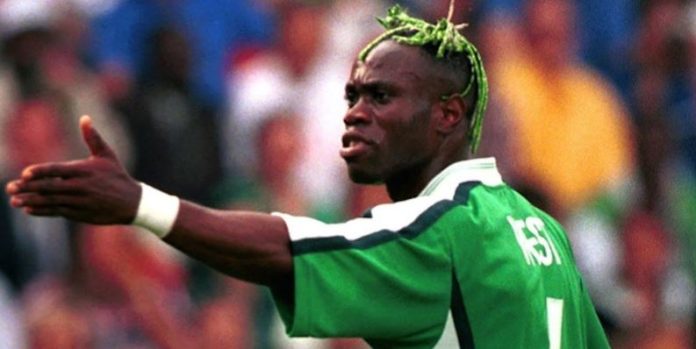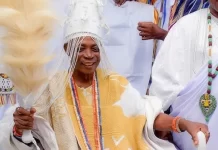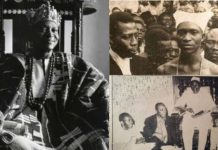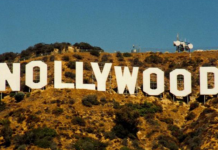When a football legend who moved nations with his boots sheds tears for a colleague he considers a brother, you know the grief runs deeper.
At the funeral of Super Eagles icon Peter Rufai, affectionately called Dodo Mayana, another legend, Taribo West, broke down. His words weren’t just an outburst of personal pain; they were a critique of a system that, in his eyes, treats heroes like Rufai as afterthoughts.
But is it entitled to expect a proper send-off for someone who put Nigeria on the world map?
From the Heart: Taribo West’s Emotional Plea
Visibly shaken, Taribo West didn’t just mourn a friend, he confronted national institutions. He accused the Nigeria Football Federation (NFF) and Lagos State Government of abandoning Rufai’s family, saying:
“I felt in my spirit… that there is nothing to put your life for… this hero…has to be treated this way… That is madness.”
His voice shook as he expressed that even his own parents’ deaths never moved him as this did. He concluded bitterly: “I will never advise even my son to put his feet for this country.”
Is It Entitled to Expect Respect for Legends?
To many, Rufai was more than just a goalkeeper. he was a symbol of Nigerian pride on the global stage. Expecting institutional respect may not be entitlement, it may be overdue accountability. As Taribo pointed out, even the family struggled to raise funds among friends after the death of their hero. That reality speaks to systemic failure more than personal expectation.
A Counterpoint: Was There Actual Support?
Not everyone agreed with Taribo’s indictment. Former Super Eagles star Waidi Akanni revealed that the Lagos State Government did indeed offer financial support, reportedly ₦15 million—along with contributions from the Lagos FA and the Sports Commission.
Despite this, the optics of a state hero’s family scrambling for funds was enough to renew outrage—especially in a country where past legends like Rashidi Yekini and Stephen Keshi are remembered for their deaths as much as their championships.
Public Pulse: Empathy vs. Applause
On social media, many rallied behind Taribo, applauding his raw honesty. Some argued that emotion isn’t entitlement, it’s heartbreak demanding action. Others asked pointed questions: Should national icons be left to the mercy of crowdfunding rather than state programs designed to dispatch national respect?
Conclusion: Entitlement or a Call for Dignity?
Taribo West’s grim declaration wasn’t just personal grief, it was a wake-up call. What may sound like entitlement can also be a plea for legacy, dignity, and institutional consistency.
In honoring a hero properly, a nation doesn’t just pay respect, it signals to the next generation that service matters, and sacrifice isn’t wasted.
One truth remains: if a country can’t honor its heroes after their last match, what message does that send to those still holding the gloves?
















